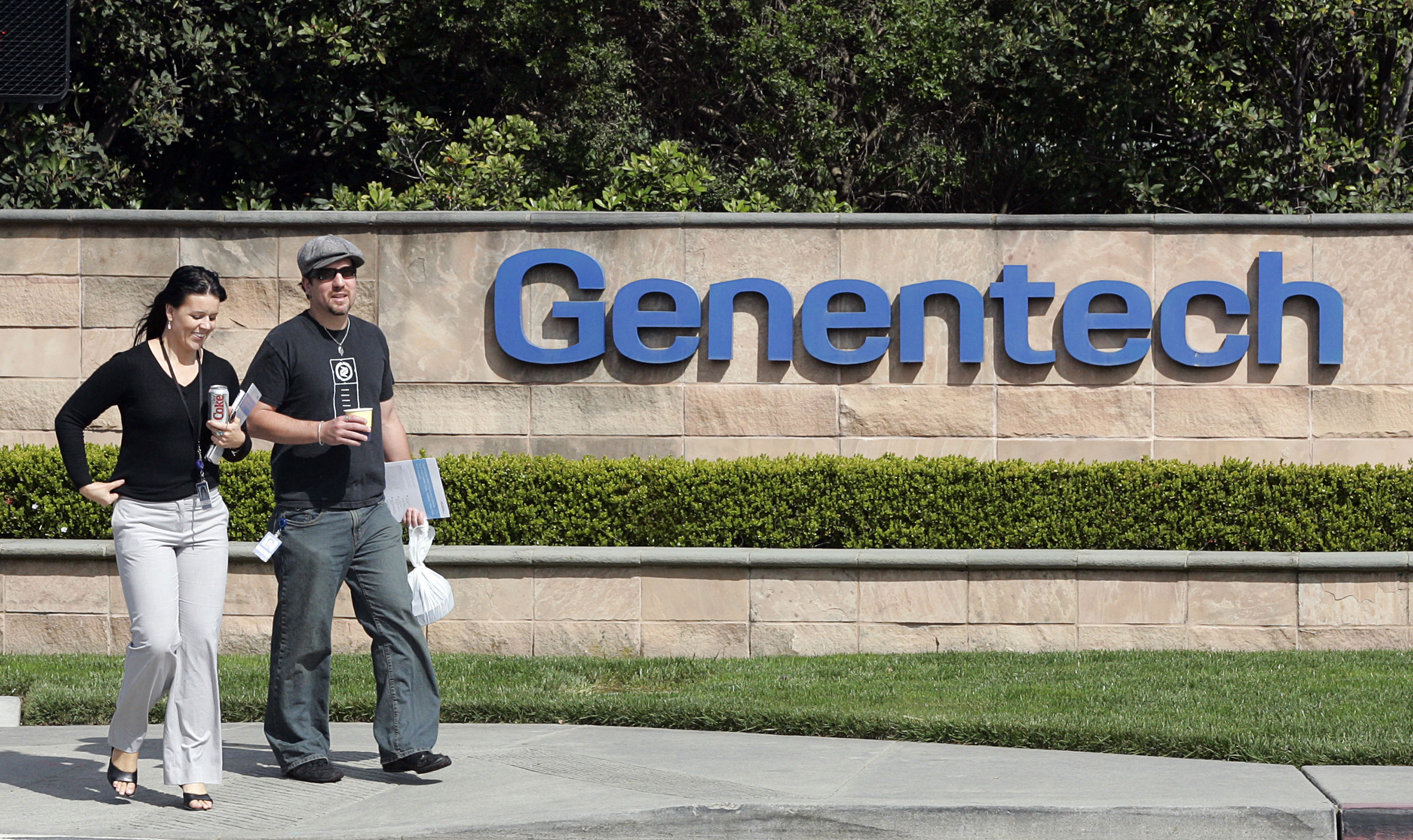GENETICS
Nov 19, 2015
Sep 11, 2015
Jul 23, 2015
Jul 1, 2015
Jun 26, 2015
Jun 11, 2015
Jun 10, 2015
May 23, 2015
May 22, 2015
May 14, 2015
Mar 13, 2015
Feb 19, 2015
Feb 1, 2015
Dec 12, 2014
Nov 7, 2014
























